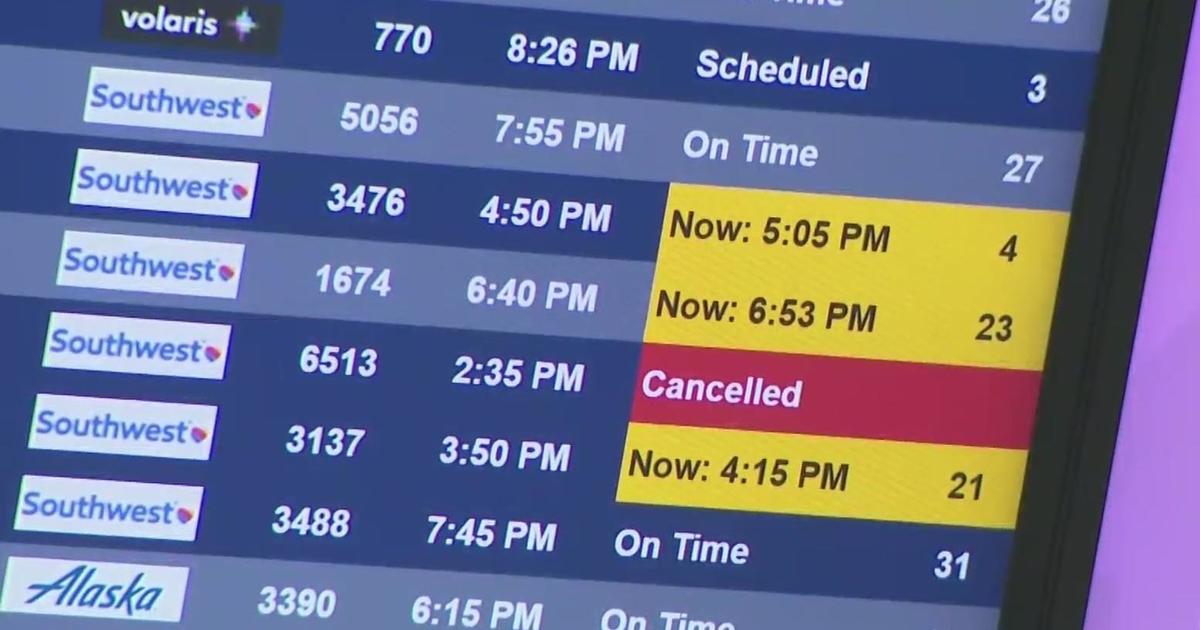Easy Steps To Prep Your Home For Holiday Guests
The year's biggest holidays are on their way which means it's time to ready your home in anticipation of overnight guests. After all, who wouldn't want to play host for a few days to an aunt, cousin or other extended family members? Should your home be in the running to temporarily house multiple guests, you will need to prep it for the arrival of visitors. Here are ways to ready your abode.
1) Coordinate schedules. The first thing you need to do before anyone arrives is coordinate all schedules with the people currently in your home. If you plan to offer someone's room to an overnight guest, try to couple those sharing a space with similar lifestyles. For example, it is not wise to have a high school student room with an energetic infant who sporadically wakes up during the night. Although you want to accommodate your guests, it's very important to not forget about those currently in your house who will be affected by their stay.
2) Find ample places to sleep. Everyone has to sleep, so the sooner you figure this out, the better. Those who own a sleeper sofa or futon are less likely to have to move people out of their existing rooms. Those who don't can purchase inflatable mattresses. If possible, try to pair children and teens close in age in the same room to give elders their own space. Little ones or parents with small children can even share a bed.
3) Provide the essentials. Once your guests arrive and sleeping arrangements are established, they will need to feel at home. Essential items each guest should have include fresh bath towels and washcloths, individual bars of soap, travel-size toothbrushes and toothpaste and a short list of emergency contacts. Sure, most visitors will probably bring along their own toiletries, but it's better to provide these items in case someone forgets.
4) Double up on home goods. When planning to host multiple guests in your home, it's important to update your inventory of home goods. Bedding sheets, pillowcases and towels are daily necessities that will quickly leave your stash of stocked goods sooner than you think. There is nothing like running out of clean linens and towels so don't let it happen to you!
5) Maximize your storage. Storage will soon become scarce as more people pile into your home. To prevent pockets of clutter from forming, maximize the storage around your home by adding items that will keep you organized. For example, hanging closet organizers can not only house your guests' shoes, but also folded garments and daily personal items. This is perfect if you are unable to offer up a drawer to any houseguest due to lack of space. Tiered hangers are also a great item to have around as they free up room in your closets by holding multiple articles of clothing on a single hanger.
6) Create a cleaning schedule. Keep your home in order by creating a cleaning schedule you can tackle on a daily or weekly basis. Extra bodies in your home mean that common areas like the bathroom and kitchen will be occupied more often. The proper cleaning schedule will not only help you tackle grim, but also keep your interiors looking fresh. You can divide up the tasks between members of your household to show your guests real hospitality.
7) Plan out meals. One common oversight people make when opening up their homes to guests is the cost of groceries. Think about how much it costs to feed your family on a weekly basis. When you add extra mouths to feed, you can only expect your bill to increase. To prevent a shock at the checkout aisle or scarcity of food in your home, start to think about meals prior to the arrival of your guests. Does anyone have any food allergies or lifestyle habits? Mapping out an edible course of action will save you money in the long run.
Tanvier Lee is a New York based lifestyle decorator, stylist and freelance writer. Her work can be found at Examiner.com



